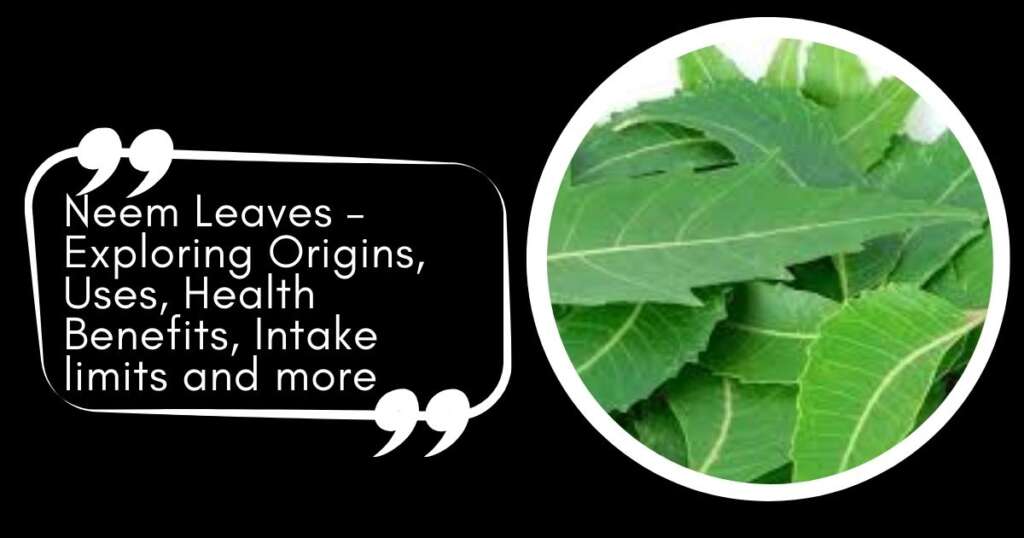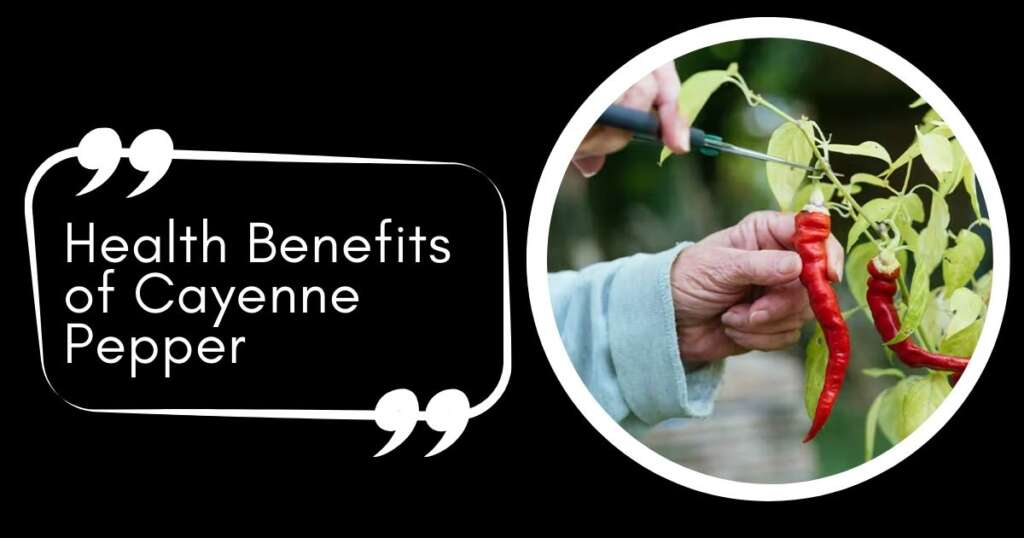Neem Leaves: A Detailed Exploration
Neem leaves, from the neem tree (Azadirachta indica), are renowned for their vast array of medicinal and therapeutic properties. Known by various names across different cultures, such as “nimba” in Sanskrit, “margosa” in English, and “neem” in Hindi, these leaves have been a cornerstone of traditional medicine for centuries. In this article, we will explore the world of neem leaves, delving into their history, uses, health benefits, and more.
What are Neem Leaves?
Neem leaves come from the neem tree, an evergreen tree native to the Indian subcontinent. These leaves are bright green, serrated, and elliptical in shape, known for their bitter taste and powerful medicinal properties. The neem tree is often referred to as the “village pharmacy” due to the extensive use of its various parts in traditional medicine.
When are Neem Leaves Used?
Neem leaves have been used since ancient times, particularly in Ayurvedic medicine. Historical records dating back thousands of years highlight their use in treating a wide range of ailments, from skin diseases to digestive disorders. Today, neem leaves continue to be used in various forms, including fresh, dried, powdered, and as extracts, in traditional and modern medicine.
Where are Neem Leaves Grown?
Neem trees are predominantly grown in the Indian subcontinent but can also be found in Africa, Southeast Asia, and the Middle East. These hardy trees thrive in tropical and subtropical climates, tolerating a wide range of soil conditions. India remains the largest producer and user of neem leaves and products, thanks to its favorable growing conditions and cultural significance.
Who Uses Neem Leaves?
Neem leaves are used by traditional medicine practitioners, herbalists, and individuals seeking natural remedies. In Ayurveda and Unani medicine, they are a key component in treatments for various health conditions. In recent years, neem leaves have gained popularity in the wellness and beauty industries for their skin and hair care benefits. People around the world use neem leaves to harness their anti-inflammatory, antibacterial, and antifungal properties.
Why Use Neem Leaves?
The use of neem leaves is driven by their impressive medicinal properties and nutritional benefits. In traditional medicine, they are valued for their ability to treat skin conditions, boost immunity, and improve digestive health. Nutritionally, neem leaves are rich in vitamins, minerals, and antioxidants. They contain compounds such as nimbin, nimbidin, and azadirachtin, which contribute to their therapeutic effects.
Whose Cultures Embrace Neem Leaves?
Neem leaves are embraced by several cultures around the world, especially in India, where they hold a place of high esteem in traditional medicine and daily life. In Indian households, neem leaves are often used for their purifying properties, both internally and externally. In Africa and Southeast Asia, neem leaves are used in traditional remedies and agricultural practices. In Western countries, neem is gaining recognition as a valuable ingredient in natural health and beauty products.
Unique Facets of Neem Leaves
Culinary Uses:
- Herbal Teas: Neem leaves are brewed into herbal teas, consumed for their health benefits.
- Food Preservatives: Due to their antibacterial properties, neem leaves are sometimes used to preserve food.
Medicinal Uses:
- Skin Care: Neem leaves are used to treat various skin conditions such as eczema, acne, and psoriasis. They are often applied as pastes, oils, or in baths.
- Oral Health: Neem leaves are chewed or used in toothpaste and mouthwashes to maintain oral hygiene and prevent dental issues.
- Digestive Health: Neem leaves can help alleviate digestive problems like bloating, constipation, and gastric ulcers.
- Immune Support: The leaves are known to boost the immune system, helping the body fight off infections.
Agricultural Uses:
- Natural Pesticide: Neem leaves and their extracts are used in organic farming as a natural pesticide and insect repellent.
- Soil Enrichment: Neem leaf compost is used to enrich the soil and promote healthy plant growth.
Health Benefits of Neem Leaves
- Skin Health:
- Neem leaves are highly effective in treating a variety of skin conditions. Their antibacterial and antifungal properties make them ideal for managing acne, eczema, and psoriasis. They also promote wound healing and reduce inflammation.
- Oral Health:
- Neem leaves help maintain oral hygiene and prevent dental issues like gum disease and cavities. Their antibacterial properties make them effective in fighting plaque and bad breath.
- Immune System Support:
- Neem leaves boost the immune system, enhancing the body’s ability to fight off infections. They are particularly useful in preventing common colds and other infections.
- Digestive Health:
- The anti-inflammatory and antibacterial properties of neem leaves help in treating digestive disorders. They can alleviate symptoms of indigestion, bloating, and gastric ulcers.
- Anti-inflammatory Effects:
- Neem leaves possess strong anti-inflammatory properties, making them beneficial for treating inflammatory conditions such as arthritis and muscle pain.
- Antioxidant Properties:
- Neem leaves are rich in antioxidants, which help protect the body from oxidative stress and free radical damage. This can reduce the risk of chronic diseases and support overall health.
- Blood Sugar Regulation:
- Some studies suggest that neem leaves can help regulate blood sugar levels, making them beneficial for people with diabetes or those at risk of developing the condition.
Intake Limits of Neem Leaves
While neem leaves are generally safe for consumption, it’s important to use them in moderation to avoid potential side effects. Overconsumption can lead to:
- Gastrointestinal Issues: Excessive intake can cause stomach upset, diarrhea, or nausea.
- Liver Damage: High doses of neem can be toxic to the liver. It’s essential to stick to recommended doses.
- Allergic Reactions: Some individuals may be allergic to neem, experiencing symptoms like skin rashes or respiratory issues.
- Interaction with Medications: Neem leaves can interact with certain medications, particularly those for diabetes and hypertension. It is advisable to consult a healthcare provider before using neem leaves if you are on medication or have a chronic health condition.
Conclusion
Neem leaves are a powerful and versatile herb with a long history of use in traditional medicine. Their wide-ranging health benefits make them a valuable addition to both medicinal and beauty routines. As with any herb, it is important to use neem leaves in moderation and consult with a healthcare provider if you have any underlying health conditions or are taking medication. Incorporating neem leaves into your daily life can provide a natural boost to your overall health and well-being, offering a range of therapeutic benefits from skincare to immune support.



